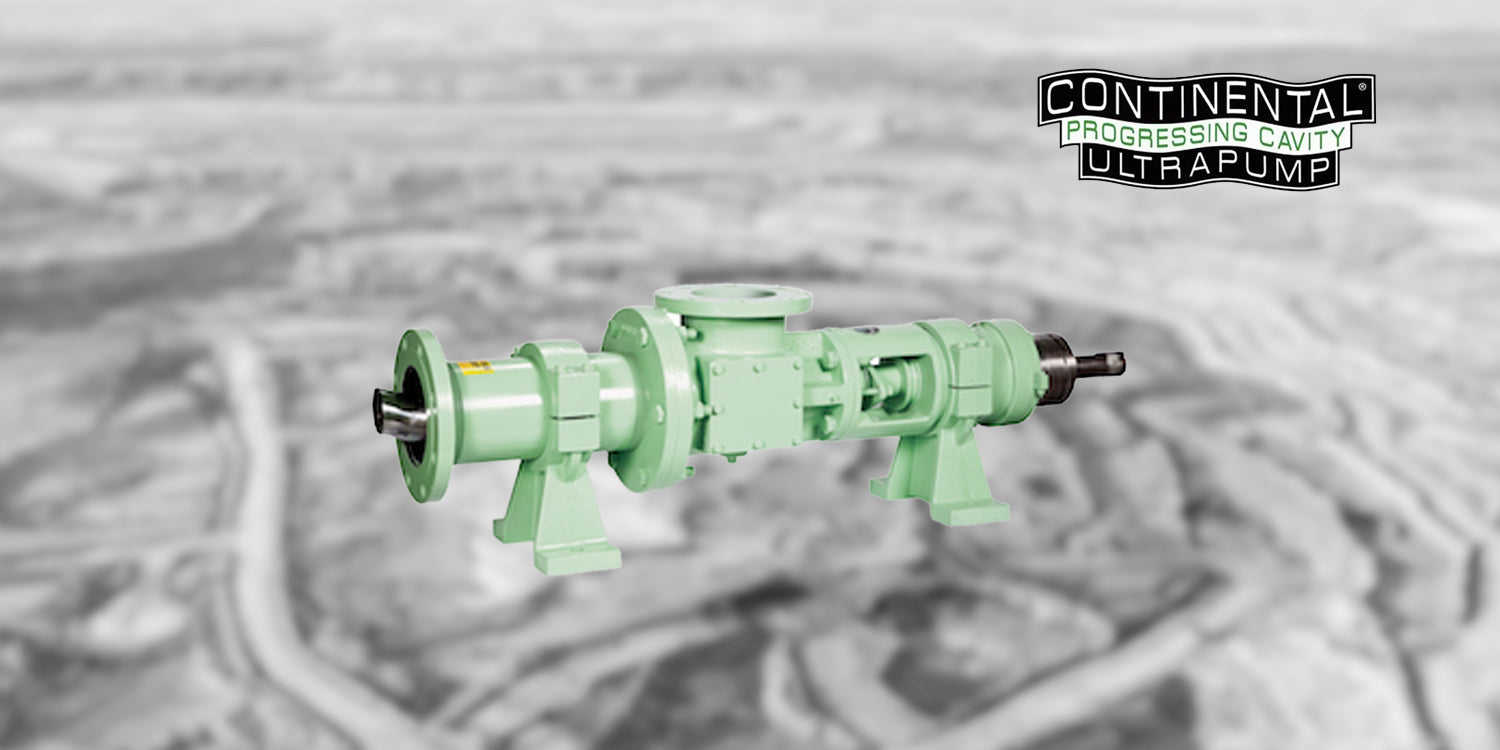Canada’s oil sands hold an estimated 165 billion barrels of recoverable bitumen, but extracting and processing this ultra-heavy crude presents unique challenges. With viscosities exceeding 1 million centipoise under reservoir conditions, traditional pumping systems often struggle with efficiency and reliability. In this article, I’ll examine how Continental Ultra progressive cavity (PC) pumps are engineered to overcome these hurdles, enabling sustainable production in one of the world’s most complex hydrocarbon basins.
The Viscosity Challenge in Oil Sands Operations
Heavy crude and bitumen require specialized handling from wellhead to pipeline. At ambient temperatures, these resources exhibit viscosities comparable to cold molasses, demanding precise thermal management and robust pumping solutions. Conventional centrifugal pumps frequently encounter:
- Premature wear from abrasive sand particles
- Cavitation due to fluid slippage
- Energy inefficiencies at partial loads
- Frequent downtime for seal replacements
These limitations directly impact operational costs. A single pump failure in SAGD (steam-assisted gravity drainage) operations can cost operators over $18,000 per hour in lost production.
Continental Ultra PC Pump Design Advantages
Continental’s CG Series PC pumps address these challenges through purpose-built engineering:
1. High-Torque Capability
The CG-240 model delivers 253 GPM at 150 PSI, maintaining stable flow rates even with 40% sand content. The hardened steel rotor and abrasion-resistant NBR elastomer stator withstand particulate-laden flows common in oil sands slurry transfer.
2. Thermal Management
With a maximum operating temperature of 300°F (149°C), these pumps handle heated bitumen blends without stator degradation. The thermal compensation system automatically adjusts rotor positioning as temperatures fluctuate.
3. Energy Efficiency
Progressive cavity technology achieves 85-90% volumetric efficiency across varying loads, reducing power consumption by up to 35% compared to traditional screw pumps in similar service.
| Parameter | Centrifugal Pump | Continental CG Series |
|---|---|---|
| Viscosity Limit | 5,000 cP | 1,000,000+ cP |
| Solids Handling | 15% max | 40% max |
| Maintenance Interval | 3-6 months | 12-18 months |
Critical Applications in Oil Sands Operations
1. Slurry Transfer Systems
In mining-style extraction, CG Series pumps transport oil sands slurry over 2 km from excavation sites to separation vessels, maintaining 98% availability even with 25 mm rock inclusions.
2. CSS Production Wells
For cyclic steam stimulation operations, the pumps’ ability to handle 300°F fluids makes them ideal for recovering heat-softened bitumen without vapor lock issues.
3. Tailings Management
The non-pulsing flow characteristic prevents particle settling in pipeline systems, reducing the risk of costly line blockages during fines disposal.
Maintenance Best Practices
To maximize pump lifespan in oil sands service:
- Implement monthly vibration analysis to detect stator wear patterns
- Use synthetic lubricants rated for -40°C winter temperatures
- Install duplex filtration on suction lines
Future-Proofing Oil Sands Infrastructure
As operators face increasing pressure to reduce emissions intensity, Continental’s electric drive PC pumps integrate seamlessly with hybrid power systems. Recent field tests pairing CG Series pumps with solar-diesel microgrids showed 41% reductions in CO2/MBBL compared to traditional hydraulic drives.
Conclusion: Engineering Resilience for Heavy Hydrocarbons
Continental Ultra PC pumps demonstrate that optimized mechanical design can turn viscosity challenges into operational advantages. By combining material science advancements with precision engineering, these systems enable Canadian operators to unlock heavy oil resources profitably and sustainably.
At HMFT, we specialize in matching Continental’s pumping solutions to your specific production challenges. Contact our engineering team to schedule a site assessment and discover how PC pump technology can transform your heavy oil operations.
FAQs
What makes PC pumps better suited for abrasive fluids than centrifugal designs?
Progressive cavity pumps maintain constant fluid velocity, preventing particle settling that accelerates wear. The metal rotor/stator interface also handles particulates more effectively than high-speed impellers.
How do Continental pumps perform in cold start conditions?
Winterized packages include electric trace heating and low-temperature elastomers that maintain flexibility at -51°C.
What materials are available for corrosive service?
Options include 316SS rotors with FKM stators for H2S environments, and Hastelloy C-276 components for high-chloride produced water.

